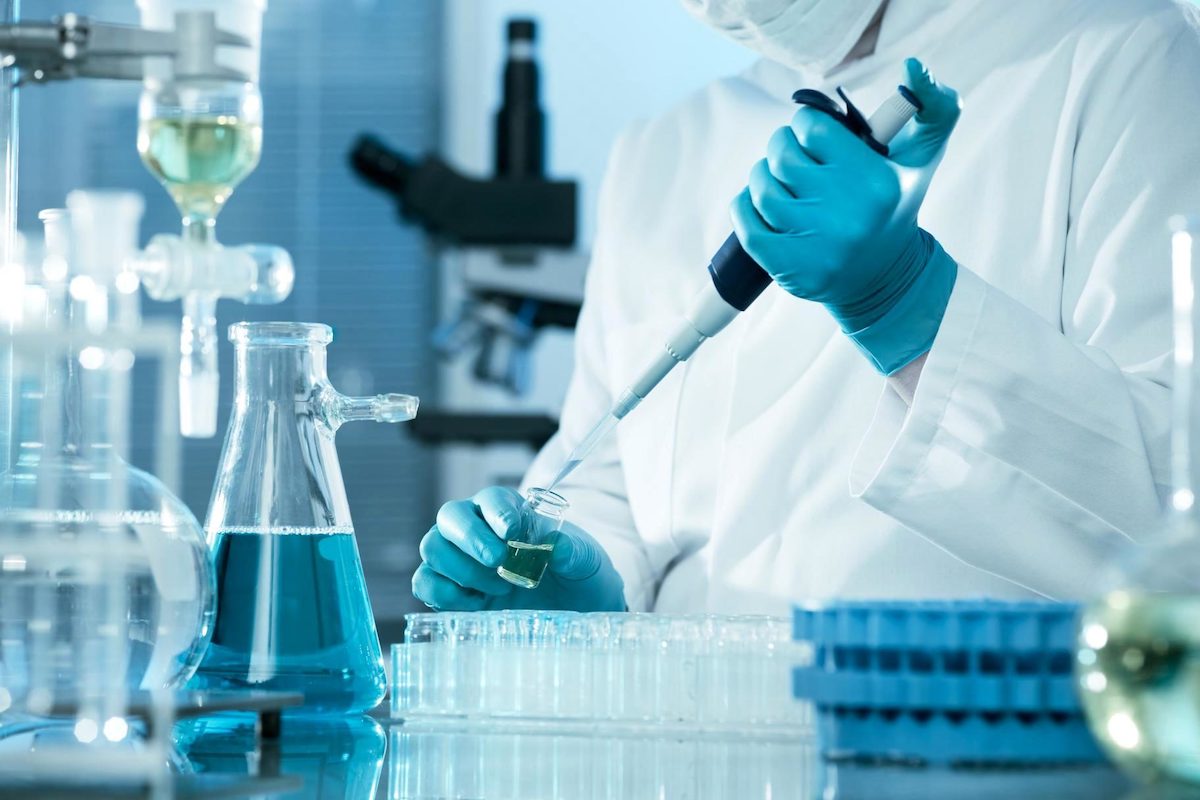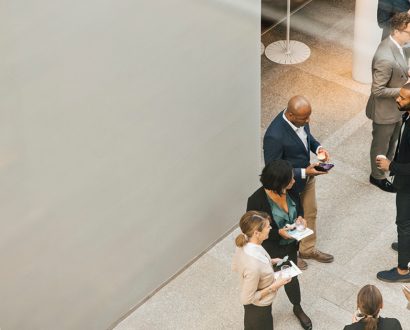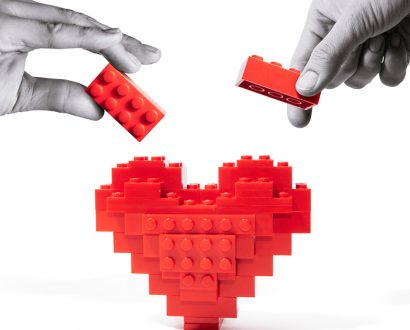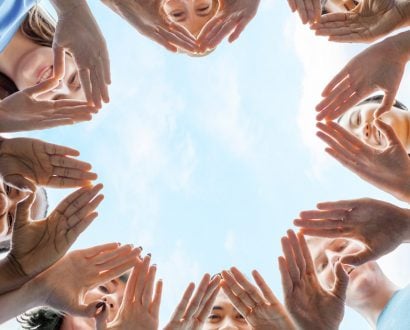Medical research has always been a valuable part of the healthcare sector and provides society with information on things like disease trends, outcomes of treatment and risk factors; and knowledge and research essential for the nation’s future.
Ultimately, research discoveries can lead to improving and saving lives.
At the rise of the global COVID-19 pandemic, researchers at The Common Good – an initiative of the Prince Charles Hospital Foundation – joined the front line of the fight by conducting a treatment trial.
Member of The Common Good and infectious disease specialist Dr Andrew Burke is testing the effectiveness of drugs designed for other medical conditions in the hope that they’ll also prove effective in treating COVID-19. To do this, he’s working in collaboration with The Doherty Institute in Melbourne and more than 50 hospitals around Australia.
The organisation explains the theory that drugs used in the treatment of HIV and malaria may provide benefits such as lessening the need for intensive care admission and reducing the mortality rate by up to 50%.
“I’m also very conscious that our new world, post the emergence of COVID-19, presents everyone with the need for greater resilience.” – Michael Hornby
Working in conjunction with this project is Associate Professor David Reid from The Prince Charles Hospital, who will assess how immune cells circulating in the bloodstream tackle COVID-19.
In the trial, the aim is to work with patients to collect and analyse samples to develop better ways of predicting health outcomes, such as the severity of a person’s illness.
In the future, this will help doctors and nurses to assess which patients will need the most attention and critical care.
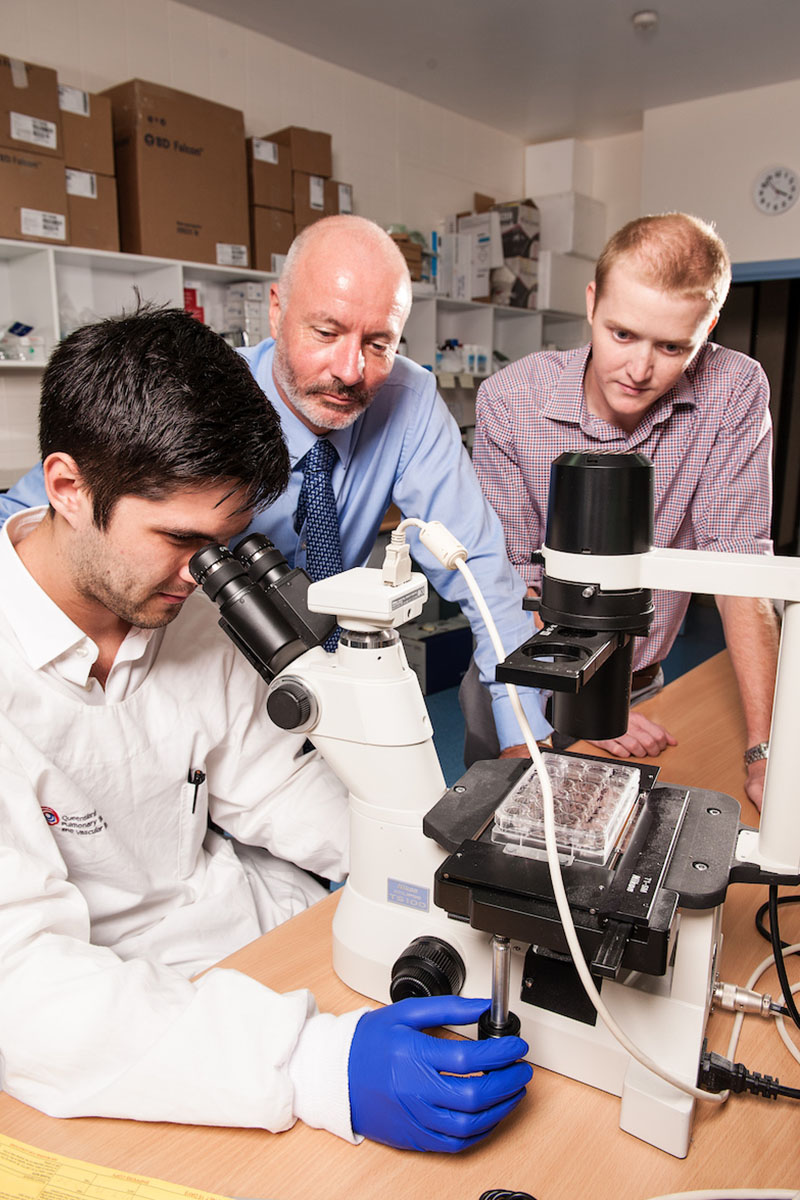
“The challenge now is to continue our growth, not because we are in the business of raising funds but as a catalyst to improve health outcomes,” CEO Michael Hornby says.
“We’ll keep inspiring and encouraging the community to support researchers. However, they’ll only back them if they understand what they’re doing. That’s where we come in – to explain the global impact and narrative of our collective of medical people and our donors, working together. And that narrative is strong.”
Before joining The Prince Charles Hospital Foundation, Michael established The Smith Family in Queensland, and he was the Group General Manager of Surf Life Saving Australia, and the Executive Manager of RSPCA Queensland.
He also established Steve Irwin’s Charity “Wildlife Warriors”, describing working for the most enthusiastic and recognisable Australian as a “gamechanger”.
Though he’d been a leader in the not-for-profit sector for more than 28 years, when the opportunity to become CEO of the Foundation arose, Michael wasn’t sure he had the skills to work with scientists and doctors.
“Like most of us, I certainly didn’t assume to know much about medical research,” he says. “And in my career choices, I always felt the need to be part of something where I can make a true difference. I’m driven by my heart and soul.”
He realised the role was an opportunity to share the impact of the good work of researchers with a clarity that everyday people could understand. So, he decided to take it.
The Common Good’s mission is to support health and medical research. It encompasses everyday people from many walks of life powering medical discoveries and aims to provide more than A$5 million each year to this innovative research with the help of donors.
The foundation also runs highly successful cafes across two hospital sites, which act as social enterprises to support its running costs.
“In my career choices, I always felt the need to be part of something where I can make a true difference. I’m driven by my heart and soul.” – Michael Hornby
Every hour of research costs A$44. Individual supporters know that every hour of research donated goes to the cause they choose, and corporate sponsors can be assured that their support goes where it will have the most impact.
Michael believes that medical research benefits are local and global. He’s focused on bringing this conversation with supporters to the table, explaining that the hospital’s goal is to share medical knowledge world-wide and to be best placed to tackle global health issues such as heart, lung or gut disease, dementia and arthritis.
Working closely with medical researchers over the past few years, Michael explains that having been exposed to their determination and resolve, his leadership style has shifted somewhat to mirror this.
“Our researchers have such tenacity and I’m in awe of it. I’m also very conscious that our new world, post the emergence of COVID-19, presents everyone with the need for greater resilience – and that ‘resilience’ is no longer a theoretical term we throw around,” he says.
“We are all more aware of the fragility of our communities and the systems we all rely on.
“Like most businesses, we’ve had to pivot, and I’ve seen my team do this in an extremely fast-moving environment – and I’m proud they had the confidence to do that so successfully.”
To donate or find out more, visit www.thecommongood.org.au

